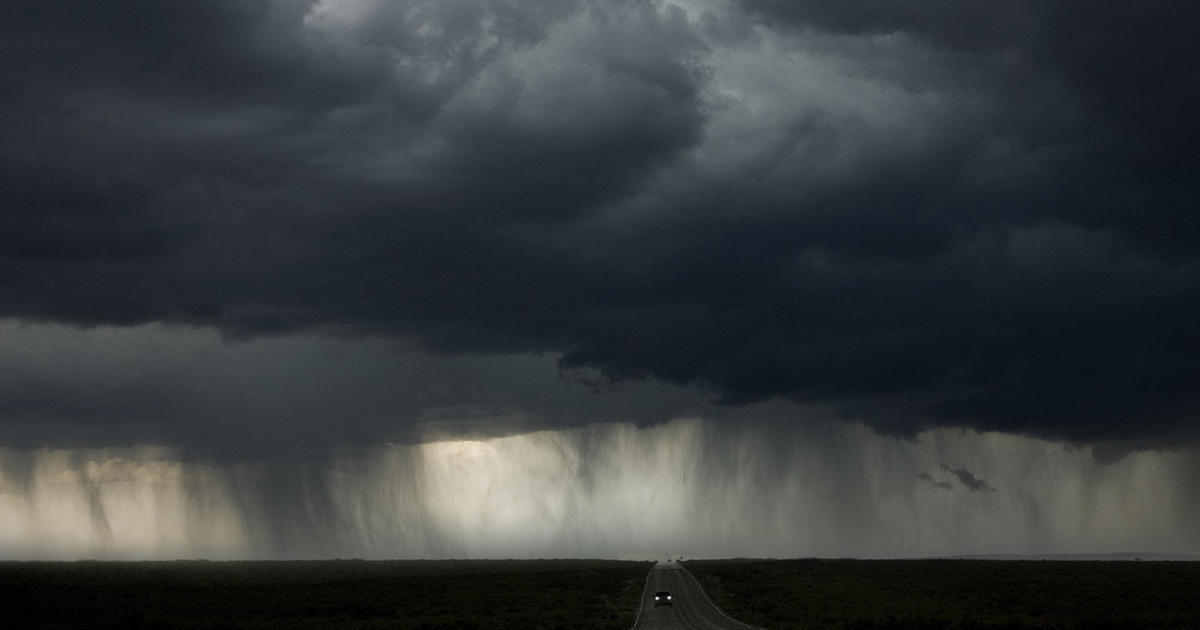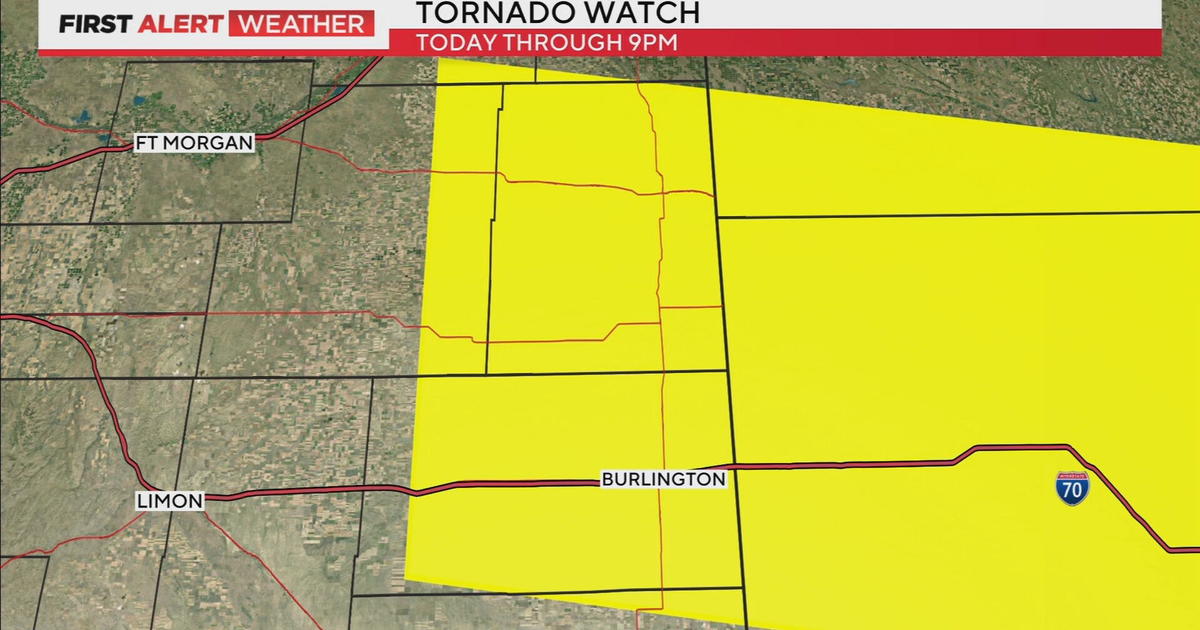It's Melanoma Awareness Month, And Colorado Doctor Has Advice: Look Out 'For Spots That Are Irregular'
(CBS4) - Colorado boasts more than 300 sunny days a year. But all that sunlight --combined with our high elevation -- also puts us all more at risk of the damaging affects of UV rays. It's one of the reasons Colorado has such a high rate of skin cancer. May is Melanoma Awareness Month. On CBSN Denver, we talked to Dr. Sabrina Newman, a dermatologist from Sky Ridge Medical Center about melanoma, which is the deadliest skin cancer.
"It tends to go undiagnosed, which is why early detection is so important. When we can detect melanoma, it's highly treatable. That's why it's so important that you have your doctor check your skin, and if you notice anything new, bring it to the attention of a board-certified dermatologist."
Sun exposure is the main risk factor for melanoma. But your skin type is also a big factor.
"People who have very fair skin or burn easily are at high risk. Also those who have more than 50 moles on their body, especially if they are irregular or larger. Family history of melanoma can also increase your risk."
Dr. Newman encourages you to always pay attention to your skin and keep an eye out for any irregularities.
"What I'm always telling my patients is when you are looking at your skin, look for that spot that is irregular, and doesn't look like anything else you have," says Dr. Newman. "Also, if you've had a spot forever that has changed or you've developed symptoms like itching or bleeding, those are things a doctor needs to look at."
Those with a family history of melanoma or are at higher risk because of genetics may benefit from new technology called total body photography.
"We actually offer automated, computerized total body photography to identify new and changing moles. There's a bit of an artificial intelligence within the computerized system that will automatically circle anything new or anything that has changed. Total body photography can be very helpful in detecting melanoma early and may minimize biopsies as well."
Sunscreen is the easiest way to protect yourself, but Dr. Newman says there are other ways to prevent skin cancer. She recommends seeking shade whenever you are outside, wearing large hats and UV-protective clothing. When it comes to sunscreen, Dr. Newman recommends wearing at least SPF 30 daily. She says switch to SPF 50 if you're planning on being outdoors for an extended amount of time.
"If you have any hesitation with sunscreen, I would recommend you pick a mineral sunscreen," says Dr. Newman. "Mineral sunscreens are basically a shield on your skin and deflect the ultraviolet rays."
For more information on recommended sunscreens, visit the American Academy of Dermatology.



